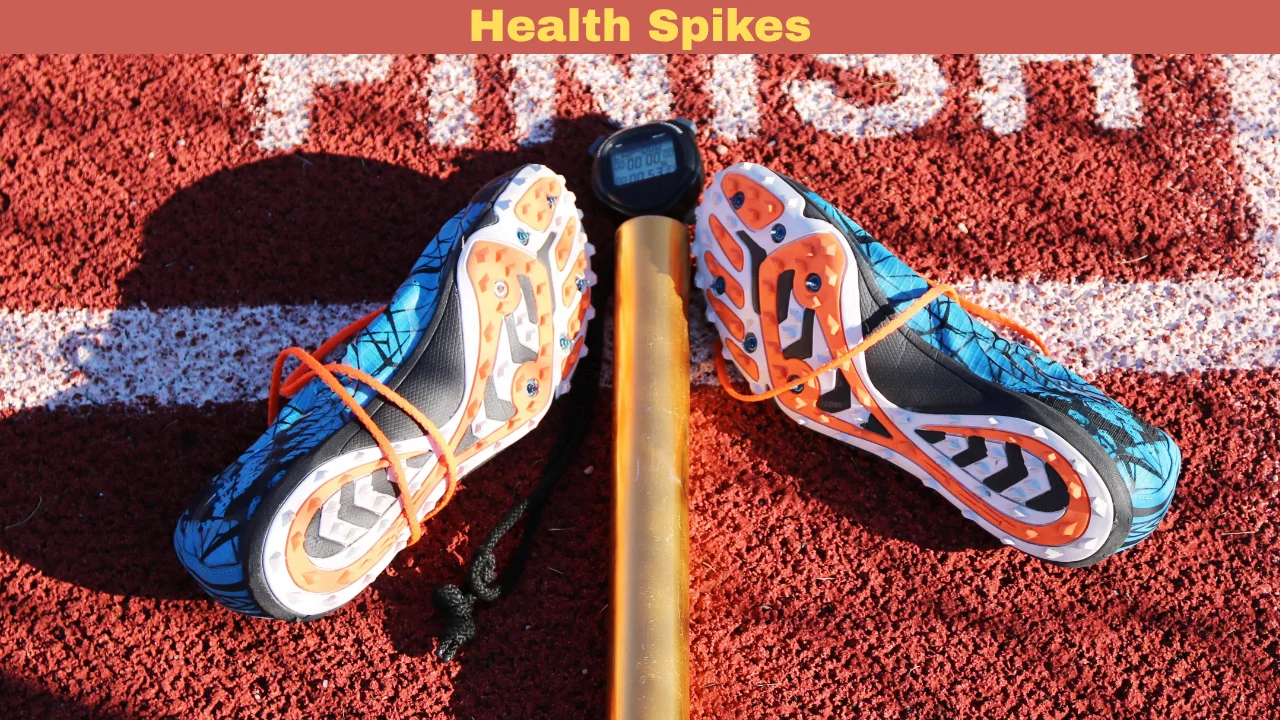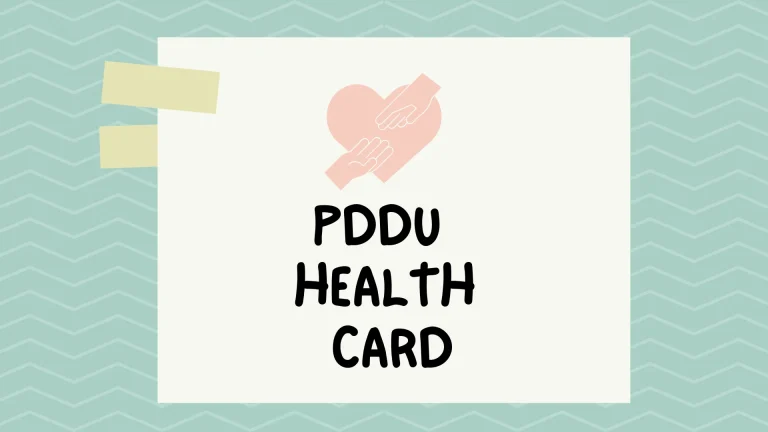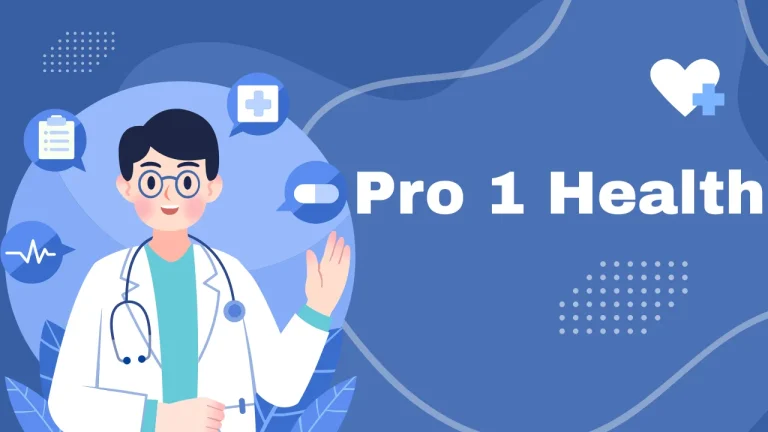Health Spikes: Natural Ways to Keep Your Body Stable

Have you ever felt your heart race after climbing stairs or noticed your sugar levels crash after a sugary snack? These are examples of health spikes. They are sudden and sharp changes in body metrics like blood sugar, heart rate, or blood pressure. While some spikes are normal, others may be harmful if they happen too often or last too long.
This article explains what these are, what causes them, and how they affect your body. It also offers tips on how to prevent or manage them using simple lifestyle changes.
Also Read: Read More Men Health at hammerof-thor.com here.
What Are Health Spikes?
Health Spikes refer to rapid rises in measurable body functions. These include heart rate, blood pressure, glucose levels, body temperature, or hormones. Some spikes happen due to exercise or stress. Others may occur after eating or due to illness.
Not all of these are dangerous. For instance, when you exercise, your heart rate increases to pump more oxygen. This is a healthy response. But if your blood pressure suddenly jumps during rest, that could signal an underlying problem.
The key to understanding these spikes is knowing when they are normal and when they’re not.
Also Read: Pandit Deen Dayal Health Card: Apply for Cashless Healthcare
Types of These Spikes You Should Know
These spikes can affect different systems in your body. Below is a table to help explain the most common types.
| Type of Spike | What It Affects | Common Causes | Risk Level |
|---|---|---|---|
| Blood Sugar Spike | Glucose in the bloodstream | Eating carbs or sugar-rich meals | Medium to High |
| Blood Pressure Spike | Pressure in blood vessels | Stress, caffeine, smoking | High |
| Heart Rate Spike | Number of heartbeats per min | Exercise, panic, fever | Low to High |
| Fever Spike | Body temperature | Infection, illness, inflammation | Medium |
| Cortisol Spike | Stress hormone in the blood | Anxiety, poor sleep, dehydration | Medium to High |
Each of these spikes may have short-term effects or long-term health risks depending on the frequency and cause.
What Causes Health Spikes?
Several things in your daily routine can lead to these spikes. One of the most common is your diet. Eating large amounts of sugar or refined carbohydrates can raise blood sugar fast. After this, your body releases insulin, which may cause sugar levels to crash.
Another cause is stress. When you’re stressed, your body releases hormones like cortisol and adrenaline. These raise your heart rate and blood pressure quickly. Although this response helps in emergencies, frequent stress can be harmful.
Lack of sleep and dehydration also contribute. Without enough rest or water, your body cannot regulate itself well. This increases the chance of heart rate and blood sugar spikes.
Finally, certain medications or medical conditions like diabetes or hypertension make the body more prone to spikes.
How These Affect Your Body
Short-term spikes may cause symptoms like fatigue, dizziness, mood swings, or hunger. These are often temporary and resolve on their own. But frequent or severe spikes can damage your organs over time.
For example, repeated blood sugar spikes can harm your pancreas. This increases your risk of type 2 diabetes. Constant blood pressure spikes can lead to heart problems or stroke. If your heart rate spikes too often, it may cause chest pain or arrhythmias.
Cortisol spikes can affect your sleep, weight, and mood. Chronic stress may lead to anxiety or depression. Even fever spikes can be dangerous in young children or older adults.
Your body needs stability. Long-term instability from constant health spikes can seriously make it harder to recover from illness or stay physically and mentally healthy.
How Food Affects Health Spikes
Your meals play a big role in how your body reacts throughout the day. Some foods cause a quick rise in blood sugar, while others keep it steady. The table below compares common meal types and their effects on these spikes.
| Meal Type | Example Foods | Spike Risk | Why It Happens |
|---|---|---|---|
| High-carb, low-fiber | White rice, soda, candy | High | Sugar absorbs quickly, causing a spike |
| Balanced meal | Brown rice, beans, chicken | Low to Medium | Protein and fiber slow digestion |
| High-protein/fat | Eggs, nuts, cheese | Low | No sudden sugar release |
| Processed snacks | Chips, cookies, sweet drinks | High | Low in nutrients, high in sugar |
Eating habits like skipping breakfast or having large dinners can also cause uneven spikes. Small, balanced meals every 3-4 hours help keep your levels stable.
Are Exercise-Related Health Spikes Dangerous?

These spikes during physical activity are usually normal. When you run or lift weights, your heart rate and blood pressure go up. This helps deliver oxygen and nutrients to your muscles.
These are positive spikes. They show that your body is working and adapting to stress. After exercise, your body returns to normal, and over time, your resting heart rate may even go down.
However, overtraining, poor hydration, or not warming up can lead to dangerous spikes. If you feel lightheaded, have chest pain, or cannot catch your breath, stop and rest. These could be signs of a harmful spike or even a medical emergency.
Stress and Spikes: A Dangerous Mix
Stress affects almost every part of your body. It causes your brain to release hormones like cortisol and adrenaline. These increase your heart rate and raise your blood pressure fast.
While useful in emergencies, frequent stress spikes can wear your body down. You may feel tired, moody, or have trouble sleeping. Over time, chronic stress can damage your heart, brain, and immune system.
Practicing deep breathing, meditation, or light exercise can help reduce these stress-related spikes.
Also Read: Health Mix Powder: A Natural Way to Stay Healthy
How to Track and Control These Spikes
Keeping track of your body’s responses can help you avoid harmful spikes. You can use modern gadgets or simple notebooks. Here are some effective ways to track changes.
| Tracking Tool | What It Monitors | Benefits |
|---|---|---|
| Glucose Monitor | Blood sugar | Helps spot food-related sugar spikes |
| Blood Pressure Cuff | Blood pressure | Detects silent spikes during rest |
| Fitness Tracker | Heart rate, activity | Monitors physical spikes |
| Stress App | Mood and breathing patterns | Helps manage cortisol levels |
| Health Journal | Meals, symptoms, triggers | Useful for patterns and doctor visits |
Knowing your triggers allows you to prevent or reduce spikes in the future.
Health Spikes in Children and Teens
Kids are more active and have faster metabolisms. This means they may experience more visible spikes, especially after playing or eating sweets.
In most cases, this is normal. But if your child often complains of dizziness, fatigue, or mood swings, it could signal a problem. Balanced meals and regular sleep help keep their systems stable.
Teens under pressure from school or social media may suffer from stress-related spikes. Encouraging open talks, exercise, and healthy snacks can help keep their minds and bodies in balance.
When to See a Doctor
While many spikes are harmless, you should not ignore frequent or severe changes. Here are some signs to watch for:
- Fast heartbeats at rest
- Blurry vision or intense thirst
- Feeling faint after eating
- Sudden mood swings or fatigue
- Headaches after stressful events
These could mean an issue like diabetes, hypertension, or anxiety. A doctor can run tests and give advice on how to manage these spikes better.
Preventing These Spikes Naturally
Good habits go a long way. Simple lifestyle changes can help your body stay balanced. Start with your plate. Add more fiber, lean protein, and healthy fats. Drink enough water every day.
Try to sleep 7–9 hours nightly. Move your body for at least 30 minutes daily. This keeps your heart strong and your stress levels down. Limit sugar, salt, and caffeine when possible.
Mindfulness and deep breathing help control emotional spikes. Listening to music or spending time in nature can also reduce stress.
Consistency is key. Your body loves routine. By following a regular plan, you’ll lower your chance of unexpected spikes.
Also Read: Is Dalda Good for Health? Know the Hidden Truth
Final Thoughts
Health spikes are part of how the body reacts to food, stress, and movement. Not all of them are bad. In fact, some spikes help you grow stronger. But when they happen too often or without reason, they can harm your health.
The good news is you can take control. Eat well, move more, sleep better, and track your health. Know your body’s patterns. Understand what makes it spike and what brings it back to calm.
With just a few small steps each day, you can avoid harmful spikes and live a healthier, more stable life.






